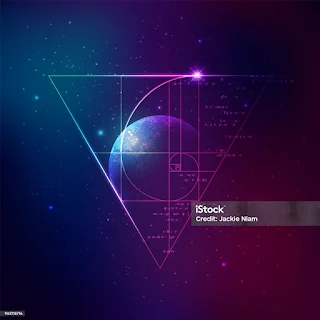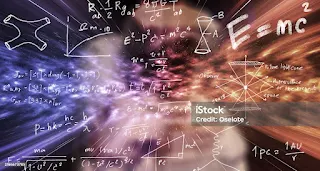🧠 What If the Universe Is a Simulation?
It sounds like sci-fi, but some scientists seriously entertain the idea that our entire universe might be a simulation—like an incredibly advanced video game created by a superintelligent civilization.
This is known as the Simulation Hypothesis.
But is there any real science behind it? Or is it just another wild theory?
🎮 The Simulation Hypothesis: A Quick Overview
The idea gained popularity from philosopher Nick Bostrom, who proposed that:
If advanced civilizations have the power to simulate entire universes…
…then it’s more likely we’re in one of those simulations than in the one "real" universe.
Why? Because there could be billions of simulations, but only one real base reality.
💡 Signs That We Might Be in a Simulation
Some physicists and thinkers suggest a few strange clues:
Mathematics governs everything in our universe, like a code.
The universe seems to have a limit to resolution (like pixels).
Quantum particles behave unpredictably when observed, like a rendering trick.
The speed of light may be a processing limit.

If the universe is running on a cosmic computer, it might follow the same rules as video game engines.
🧬 Physics vs Philosophy
Physicists like Neil deGrasse Tyson and Elon Musk have commented on this:
Elon Musk said there’s a “one in a billion” chance we’re not in a simulation.
Others argue there's no testable evidence, so it's a metaphysical idea, not a scientific theory (yet).
Still, the idea makes us ask deep questions like:
What is reality?
Who might be running the simulation?
Could we ever break out of it?
🛸 Simulation in Pop Culture
Hollywood loves the idea:
🎬 The Matrix (1999) showed a world controlled by machines, simulated for humans.

🎮 Ready Player One and Inception explore layers of virtual existence.
📺 TV shows like Black Mirror often hint at simulated or altered realities.
These stories reflect a growing curiosity — and fear — about what is truly real.
🔗 Related Reads (Will be available soon)
🧬 The Weirdest Theories in Modern Physics
🌌 What Was There Before the Big Bang?
🤯 Final Thought
Even if we are in a simulation, it doesn’t make life less meaningful.
It might make it more precious, like a rare moment in someone else’s universe.
The Simulation Hypothesis may never be provable…
…but it sure makes us question what it means to exist.
EXTRA SHOTS
This idea, popularized by The Matrix and many science fiction stories, is more than just fantasy for some thinkers.
In 2003, philosopher Nick Bostrom laid out the simulation hypothesis, proposing that a technologically advanced civilization might create vast “ancestor simulations” of their history.
Even astrophysicist Neil deGrasse Tyson weighed in, quipping that the odds might be 50-50 that we’re living in a simulation. scientificamerican.com.
He noted the rapid gap in intelligence between humans and other primates, suggesting future civilizations might easily simulate their past.
Proponents point to puzzling clues in physics. The universe appears astonishingly mathematical and orderly, as if it were written in code.
At heart, this remains a thought experiment. It raises deep questions about reality, consciousness, and the future of technology. Are we just digital characters in some future game? Or is our universe the one and only “base reality”? No definitive answer exists yet.









.jpg)





Comments
Post a Comment